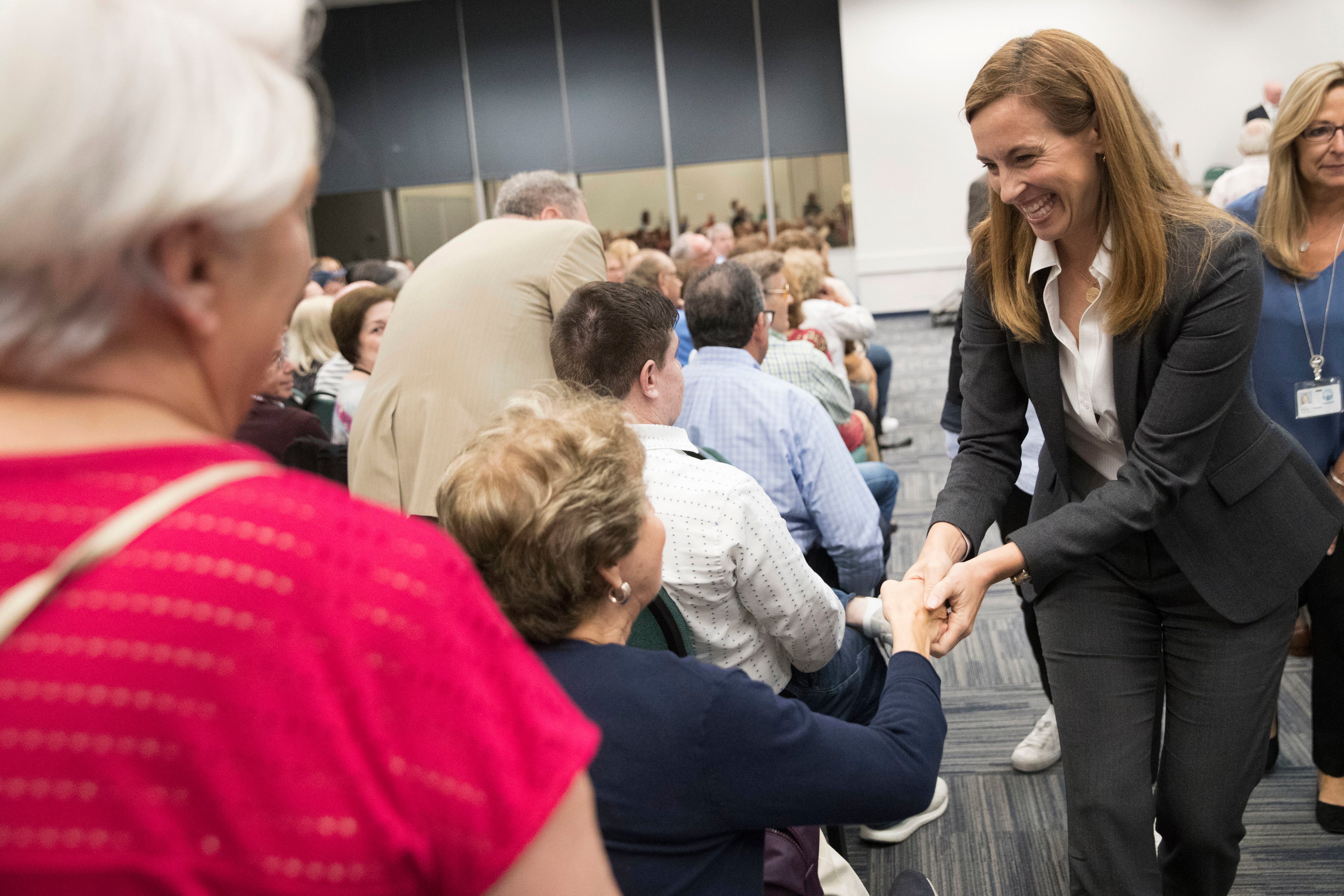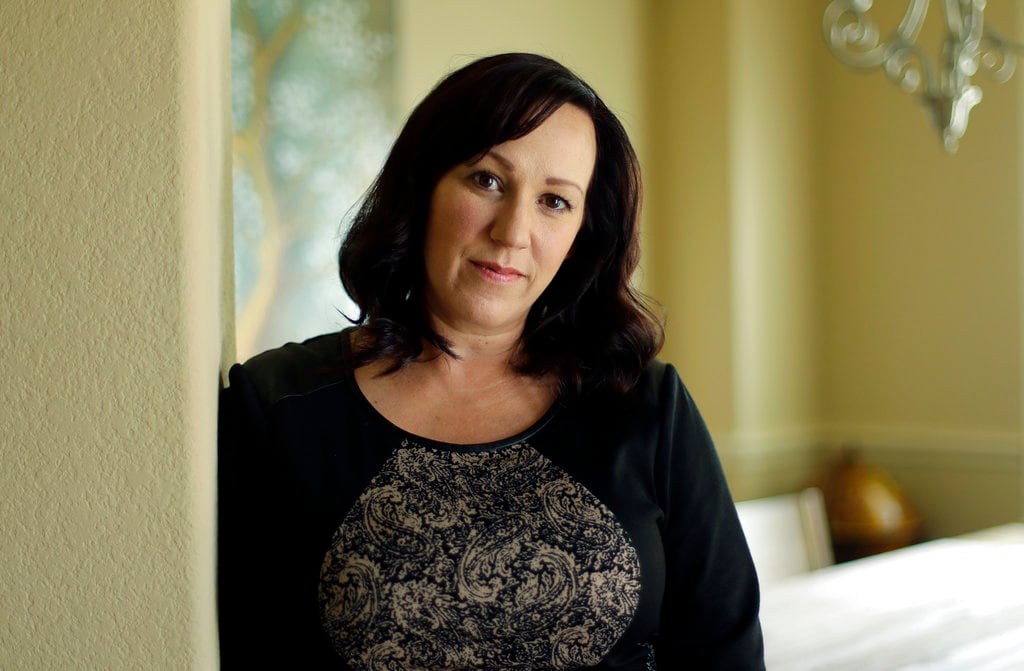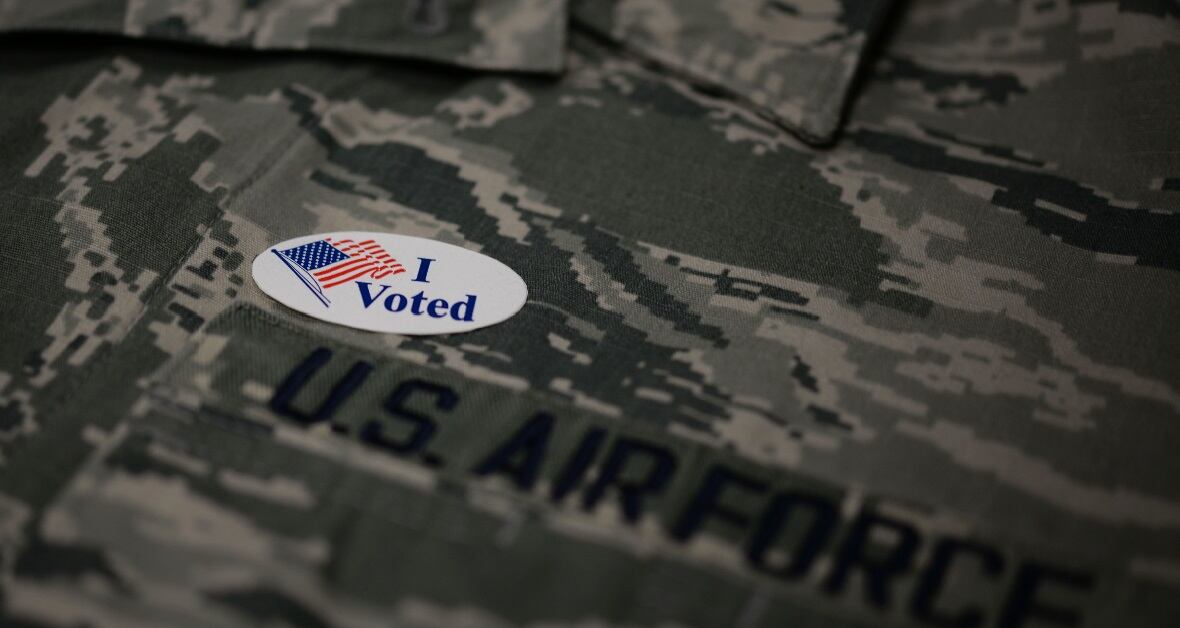During the 2018 election cycle, 11 women military veterans ran for Congress as Democrats. As with their military male veteran counterparts, they ran out of a sense of purpose and duty to the country, much of which stemmed from Hillary Clinton’s recent loss.
Though most of our candidates did not win, maintaining their momentum is key to reclaiming the White House in 2020. With veterans leading the charge in 2016, one would assume that national security, defense, and veterans and military family issues would be front and center for those Democratic candidates who have already announced, yet they are not. Sadly, this fact is the norm — and one that quickly requires fixing if Democratic leaders wish to our next president to be of our party.
This past October, The New York Times wrote about the frustrations and rewards of being a military veteran who is a Democratic activist. Frustrating, because other than a “Rah Rah” here and there, we do not receive much in terms of tangible support or resources. Rewarding, because as trained leaders, despite the lack of support, we do great, jaw-dropping work that lands Democrats in elected offices. In other words, despite the odds, we get the job done.
RELATED

Take, for instance, Barack Obama’s run in 2004 for a seat in the U.S. Senate.
A rising star, Obama denounced the war in Iraq, going so far as to seemingly made this a core piece of his candidacy. That November, Obama won his election, and as the junior senator from Illinois, he continued to speak out against the war, while also taking up the call of veteran and service member suicide prevention. When this junior senator chose to rock the boat and run for president in 2007, no one truly believed he could win; after all, he was a black man with a Muslim-sounding name. However, a small group of Vietnam and Gulf War-era veterans, who had previously been active in Veterans for Kerry, believed he could win and felt it imperative for the sake of our country that he do so, after having had dealt with the swiftboating of their candidate.
Therefore, the old Kerry vets flew out to Chicago just as the 2008 Obama presidential campaign kicked-off and met with David Plouffe, Obama’s campaign manager, to discuss what was needed in order for this young upstart candidate to win: veterans. Due to Obama, who is not a veteran, vocally denouncing the war in Iraq, the old Kerry vets knew that in order for him to have a chance of winning, Obama would have to be surrounded by credible veterans and subject-matter experts who could vouch for his ability to serve as commander in-chief. The conversation was not filled with sunshine and rainbows, but the desired outcome emerged: the formation of Veterans for Obama, which eventually morphed into Veterans and Military Families for Obama (VMFO) just before the 2008 Democratic convention.
After my Iraq deployment (2003-2004), I made my first steps into presidential campaigning with the 2008 Obama campaign, where the old Kerry vets applied their lessons learned from 2004, and never has there since been such a robust veterans and military families outreach effort in a presidential campaign. What we had created was unprecedented: We did countless press conferences and media spots; traveled from city to city speaking on veteran and military family, defense, and national security issues; and knocked on doors to discuss with voters the policies that those of us on the defense and veteran policy groups had crafted.
Progressive and Democratic veterans quickly joined our ranks, and voters became enthused to see that veterans were supporting Obama. Knowing that Organizing for Action was not going to place significant resources towards veteran and military families outreach, VMFO’s primary mission was to engage independent and disgruntled Republican veterans and raise the funds necessary to truly build and motivate a strong national network of veteran support for Obama.
President Obama’s election was historic with respect to the veteran vote because veterans are historically Republican voters. For veterans under the age of 45, 51 percent voted for Obama. Of those ages 45 to 59, 53 percent voted for Obama. That was significant, especially since Republican presidential candidate Sen. John McCain was a prisoner of war, our country was still in an active state of war, and Obama was against the war in Iraq.
RELATED

Fast forward eight years, and for Clinton’s campaign, the core of us from VMFO rallied to support her with the intention of replicating, yet improving, what we had actioned and accomplished for Obama.
For reasons above my pay grade, our veterans and military families campaign efforts were minimalized, even though people across the country needed to see Clinton, who is extremely smart on issues of national security and defense, as our next potential commander in chief. Sadly, we still live in a misogynistic society where most men and many women believe that women are incapable of leading. We veterans who were supporting Clinton were aware of this reality, but it is obvious that her inner circle was not. Though there are more variables as to why Clinton did not win the Electoral College vote, a few additional veteran votes in each of the precincts she had lost in Michigan, Wisconsin, and Pennsylvania would have made the difference. Instead, veterans voted for President Donald Trump at a ratio of 2 to 1. In several counties in Ohio, North Carolina, and Florida, Trump out performed both former Massachusetts Gov. Mitt Romney, the 2012 GOP presidential candidate, and McCain with regard to veterans.
So, here we are in 2019. Will Democratic Party leadership learn the lessons from 2008 and 2016? Well, I will say this: “One cannot learn a lesson if he does not go to class.”
If any of the Democratic presidential candidates truly wants to be our next commander in chief, they need to evaluate their field strategy and policies and ask themselves how they are incorporating veterans and military families into their campaigns.
The United States has been in a perpetual state of war since 2001. Veterans and military families, defense, and national security should be at the forefront of every candidate’s campaign. Not doing so shows a lack of respect to those who have served and whom our wars have directly affected. Just as important, not doing so shows a lack of understanding of the holistic manner in which it means to be president of the United States of America.
Terron Sims II is a vice chair of the DNC’s Veterans and Military Families Council and a former U.S. Army captain who served in Iraq from 2003-2004. He is a Security Fellow with Truman National Security Project. Views expressed are his own.




